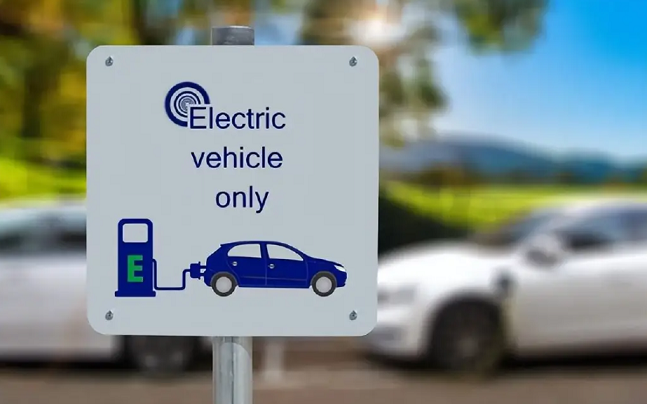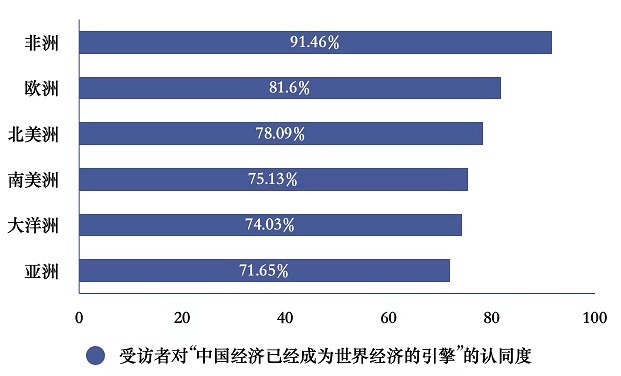It took just days for Democrats in the Senate to introduce and then approve $370 billion of climate-change spending, part of the Inflation Reduction Act, which President Joe Biden is expected to sign shortly after the House passes it. But clearing the necessary red tape to spend a cent of that money building any climate-related projects will in many cases take years.
Welcome to America's horrendous process for issuing building permits, made famous by former President Barack Obama's lament as his administration struggled to spend stimulus dollars during the Great Recession: "There's no such thing as shovel-ready projects."
The most onerous step for a major endeavor comes in the form of the environmental impact statement, which a federal agency must prepare whenever it takes action on or approves a project that will significantly impact the environment, as mandated by the National Environmental Policy Act of 1969. These statements take years to complete and run hundreds or thousands of pages. Upon completion, they instantly become targets for lawsuits from parties that want to stall a project's progress by claiming some issue went overlooked.
The resulting delays cost America trillions of dollars, according to Common Good, a nonpartisan research organization with a bipartisan advisory board. Old infrastructure doesn't get updated, newer and cleaner energy sources don't get developed and, as a consequence, environmental quality is harmed, not helped.
Consider this: After years of delay, the federal Bureau of Ocean Energy Management finally released its four-volume, 2,400-page review of the Vineyard Wind offshore wind farm last year -- and was promptly sued by a solar developer alleging a wide range of shortcomings in the document. Residents of Nantucket, a small island near the proposed project, have sued, too. So has the fishing industry, expressing deep concern that the wind turbines would interfere with aerial surveillance of the North Atlantic Right Whale population, potentially leading to the death of an entangled whale.
As a condition of his support for the climate bill, Democratic Sen. Joe Manchin of West Virginia secured a "side deal" that his party would also take up significant permitting reform next month to, among other things, prioritize approval of certain energy-related projects (including one in West Virginia), set fixed timelines for the review process and shorten the time period for litigation.
Despite the enormous costs of stalled development, and the obstacles it poses to Democrats' own stated priorities, party members have traditionally resisted any efforts at such reforms. On the contrary, the Biden administration has worked to undo reforms implemented by the Trump administration that limited the scope of review to a project's direct and foreseeable effects. And with the climate vote having come first, Manchin no longer has the leverage to rally support on the issue now.




